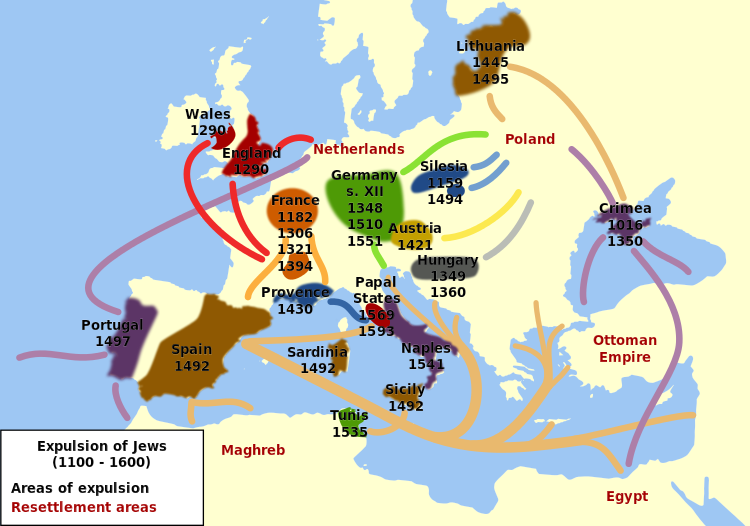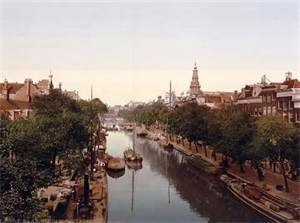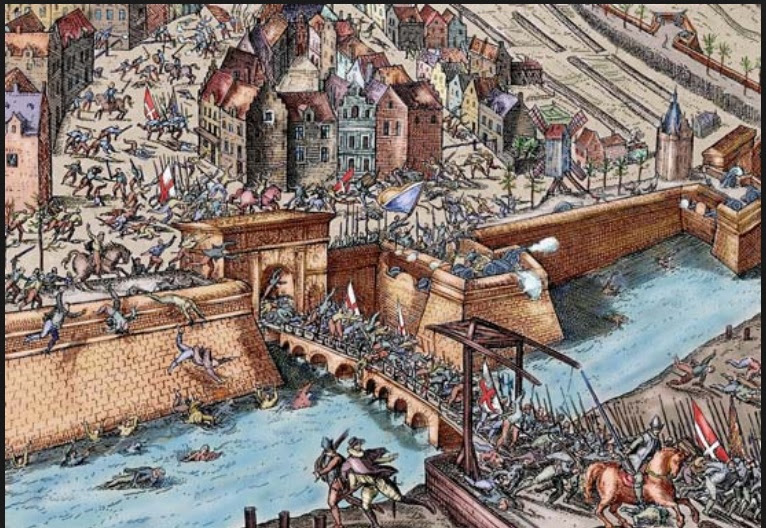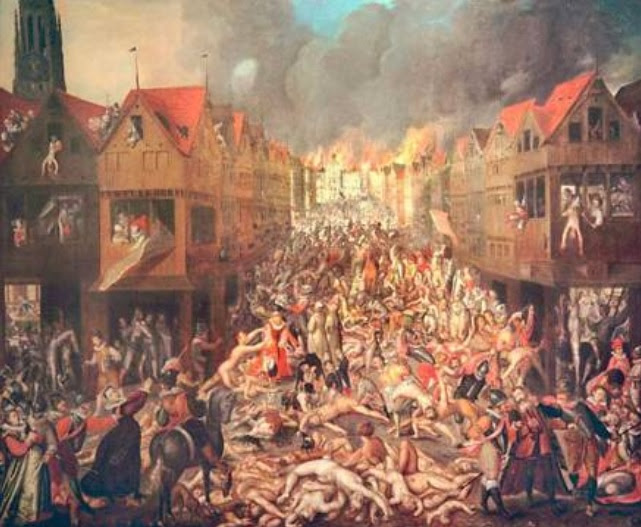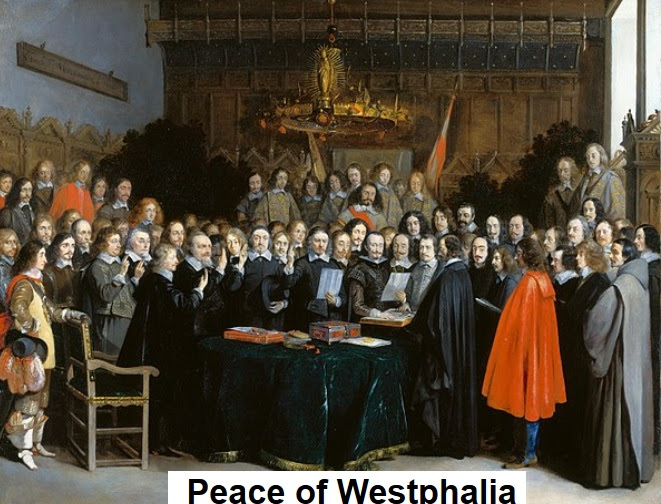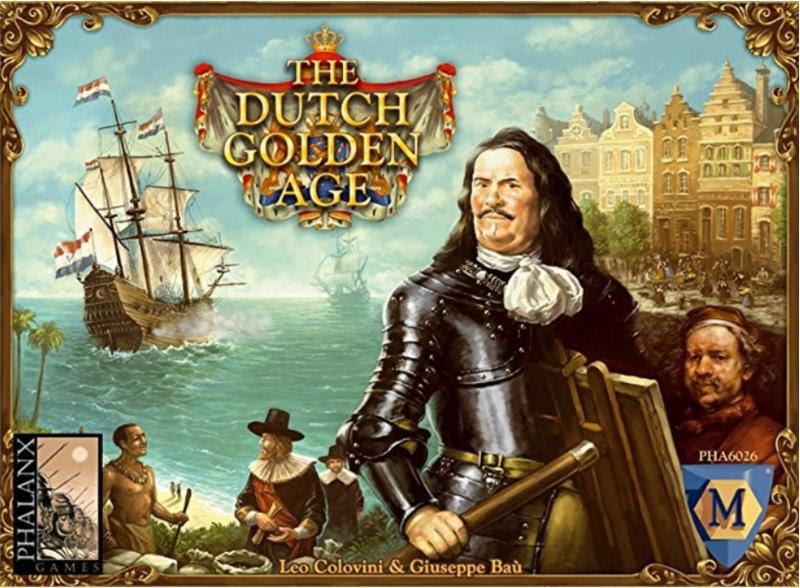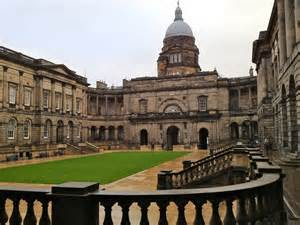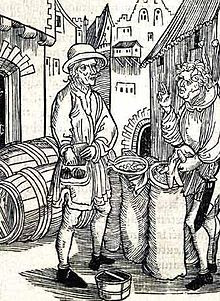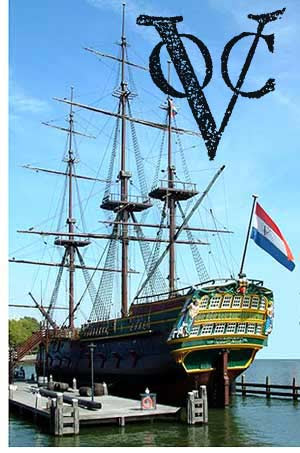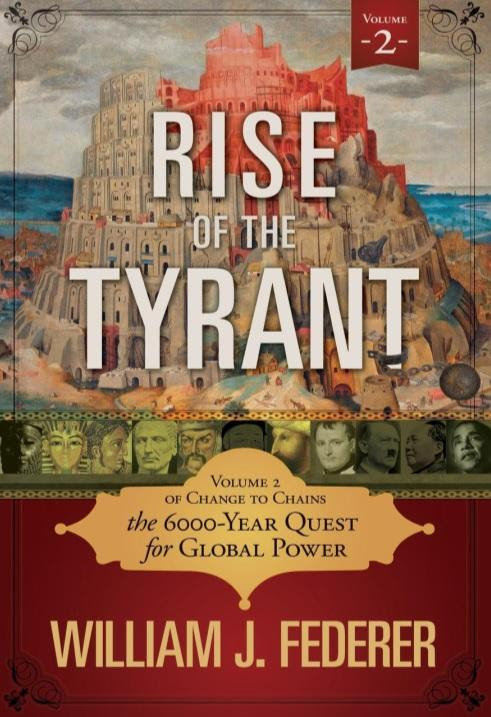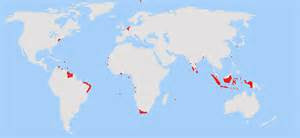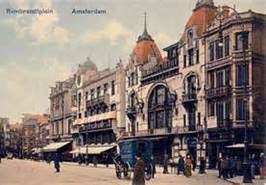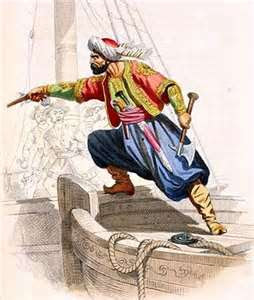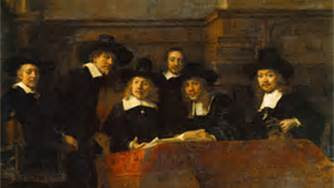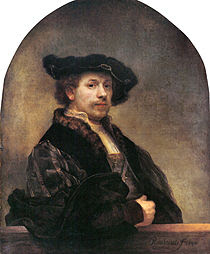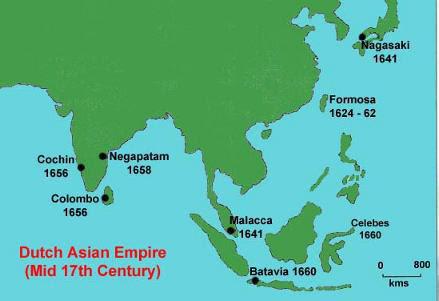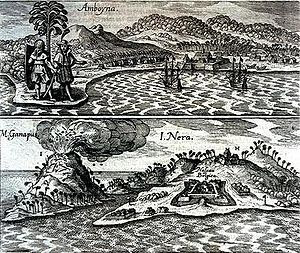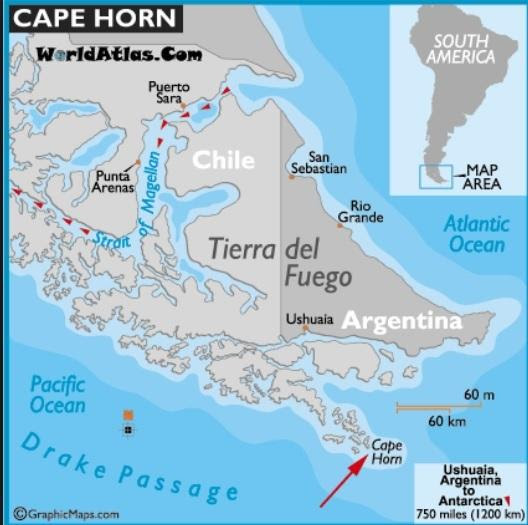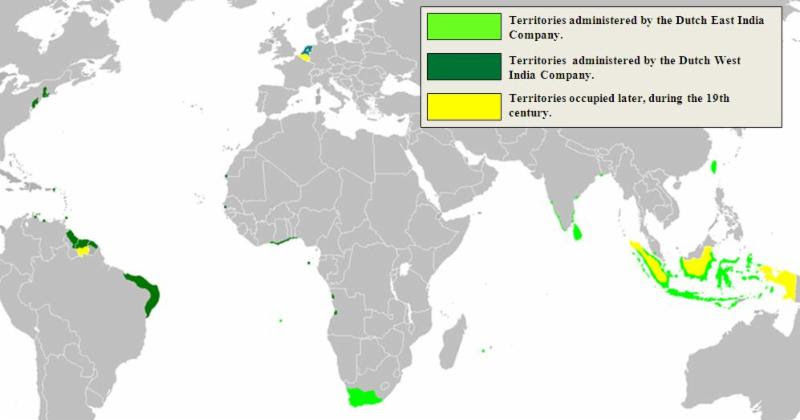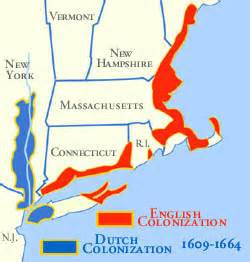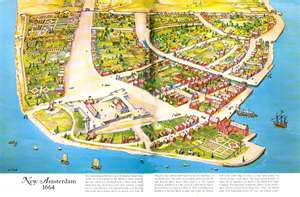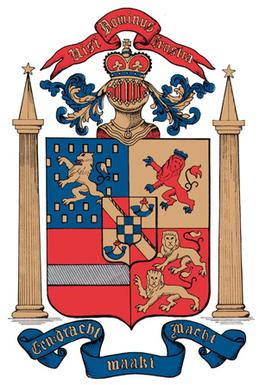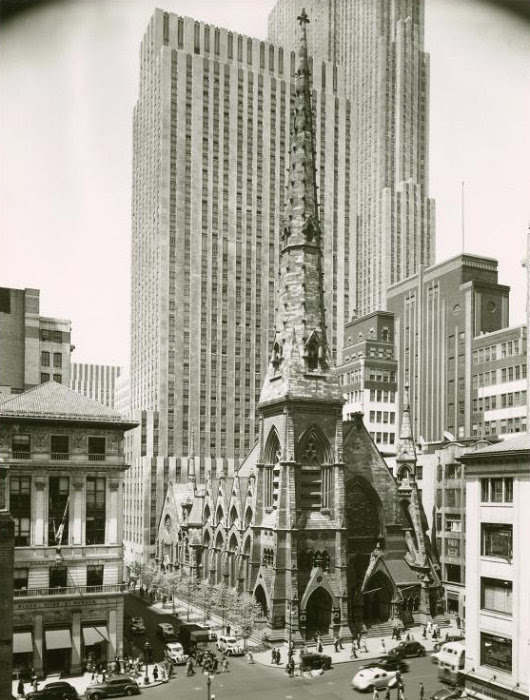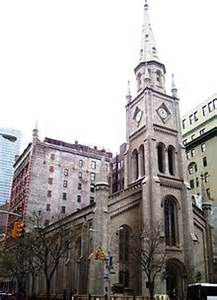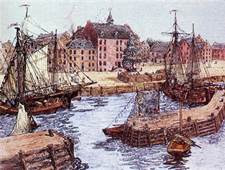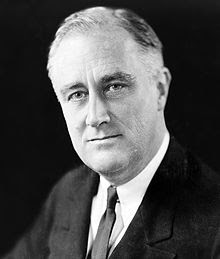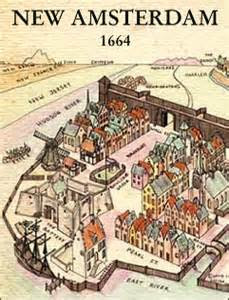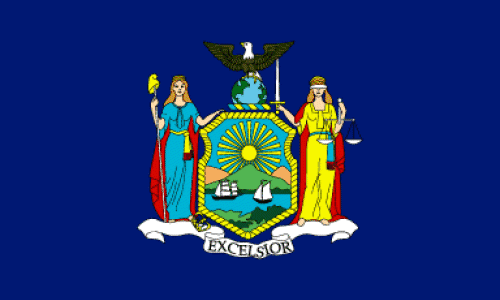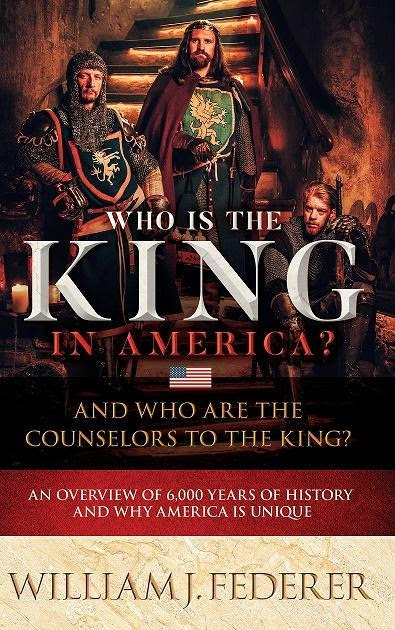In 1628, Rev. Jonas Michaelius organized the first Dutch Reformed Church in the Colony of New Amsterdam, considered one of the oldest continuous congregations in America.
The Dutch stadtholder William of Orange married Mary, the daughter of England’s King James II.
When it appeared King James II might make England Catholic again, Protestants asked William of Orange and Mary to to take over England in 1688, in what was called The Glorious Revolution.
King James II fled the country,and William and Mary co-ruled England.
In 1696, William granted the Dutch Church in New York a Charter:
“William the third, By the grace of God, King of England …
Our said loving subjects … to preserve to them and their successors that liberty of worshiping God according to the constitutions and directions of the Reformed Churches in Holland …
have therefore thought fit … that no person in communion of the said reformed protestant Dutch Church, within our said City of New York … shall be any ways molested, punished, disquieted, or called in question, for any difference in opinion in matters of the Protestant religion …
that all … persons in Communion of the said reformed protestant Dutch Church may … freely and fully have and enjoy his and their own judgments and consciences in matters of the Protestant religious concernments … not using this liberty to licentiousness and profaness …
Mr. Henricus Selyns, the present Minister of the said reformed protestant Dutch Church … since the … dedication of the said Church to the service of God … the instruction of the members of the said reformed protestant Dutch Church inhabiting within Our said City of New York, in the Christian faith according to the constitutions and directions aforesaid.”
 American Minute: Dos de Mayo and Cinco de Mayo
American Minute: Dos de Mayo and Cinco de Mayo American Minute James McHenry, Secretary of War
American Minute James McHenry, Secretary of War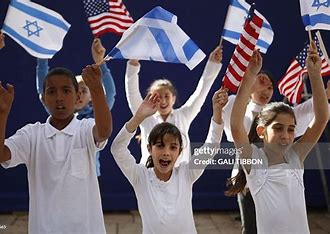 Children Israel and American flag
Children Israel and American flag 

